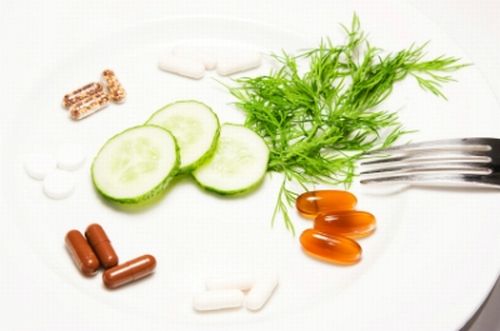
When it comes to boosting antioxidant intake, research indicates there is little benefit from ingesting supplements. A better way, according to nutritionists at the Mayo Clinic, Rochester, Minn., is eating a diet rich in antioxidant-containing foods.
Antioxidants such as vitamins C and E, carotene, lycopene, lutein, and many other substances may play a role in helping to prevent diseases such as cancer, cardiovascular disease, macular degeneration, and Alzheimer’s disease. Antioxidants are thought to help because they have the ability to neutralize free radicals, which are toxic by-products of natural cell metabolism. The human body does produce antioxidants, but the process is not 100% effective and that effectiveness declines with age.
Foods, rather than supplements, may boost antioxidant levels because they contain an unmatchable array of antioxidant substances. A supplement may contain a single type of antioxidant or even several. However, foods have thousands of different kinds, and it is not known which of these substances confer the benefits.
Some of the better food sources are berries (blueberries, blackberries, raspberries, strawberries, and cranberries); beans (small red beans and kidney, pinto, and black beans); fruits (many apple varieties with peels, avocados, cherries, green and red pears, fresh or dried plums, pineapple, oranges, and kiwi); vegetables (artichokes, spinach, red cabbage, red or white potatoes with peels, sweet potatoes, and broccoli); beverages (green tea, coffee, red wine, and many fruit juices); nuts (walnuts, pistachios, pecans, hazelnuts, and almonds); herbs (ground cloves, cinnamon or ginger, dried oregano leaf, and turmeric powder); grains (oat-based products); and dessert (dark chocolate).
Though supplements containing antioxidants generally are considered safe, two recent studies have suggested that taking higher than recommended doses of supplements such as Vitamin E over time actually may be harmful and possibly toxic. In contrast, many foods higher in antioxidants offer an array of health benefits, such as being high in fiber, protein, and other vitamins and minerals and low in saturated fat and cholesterol.
